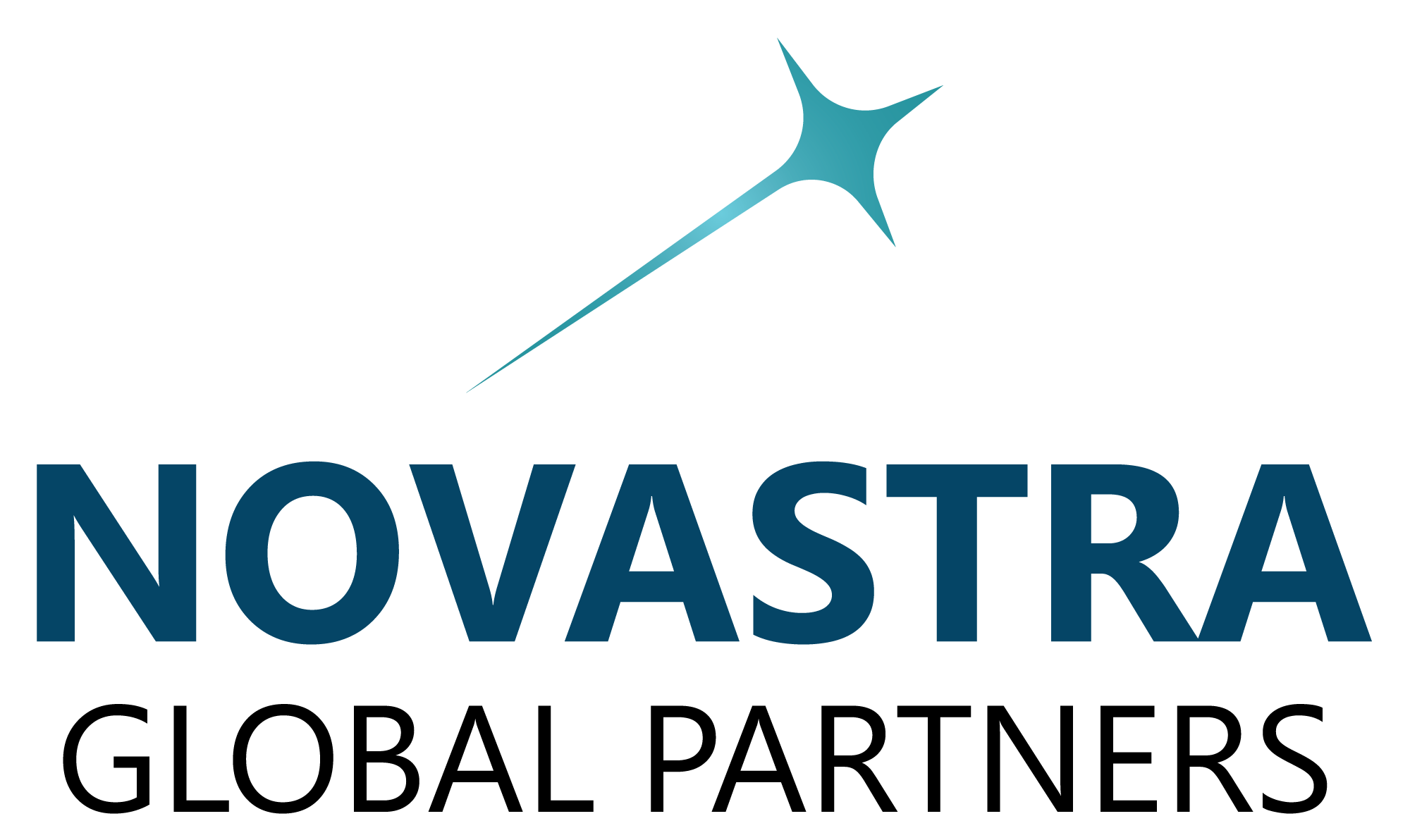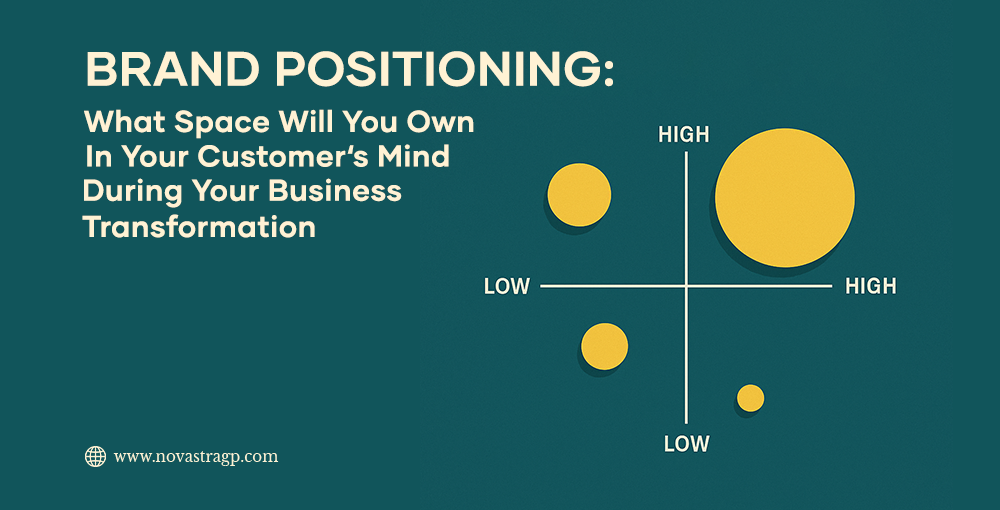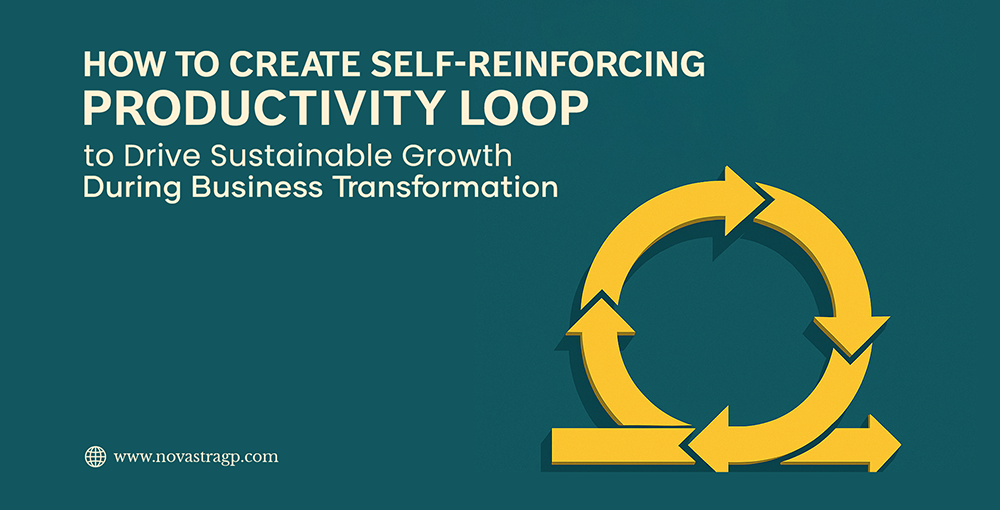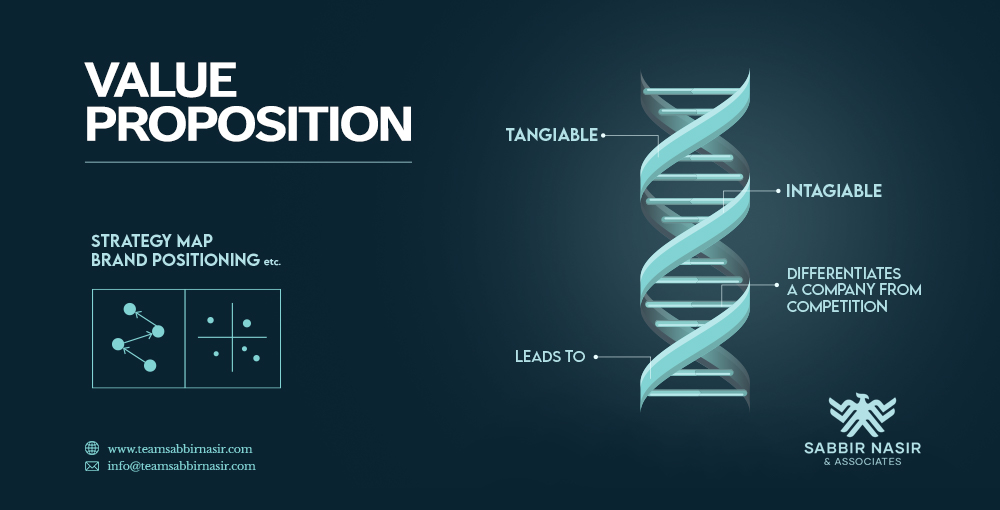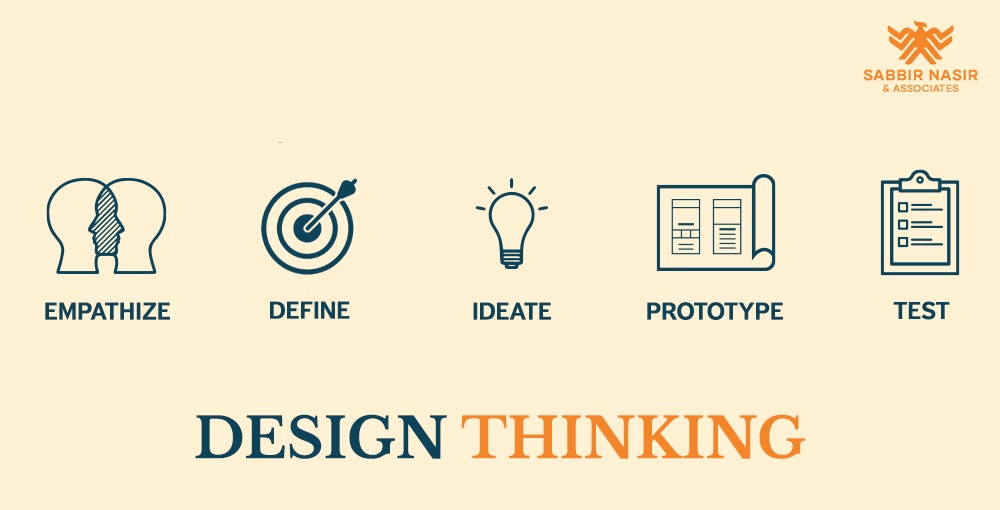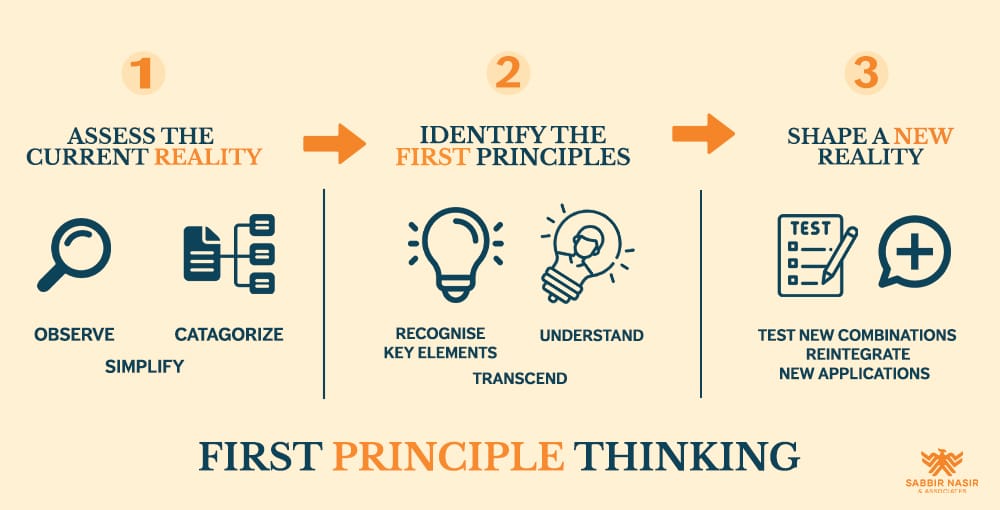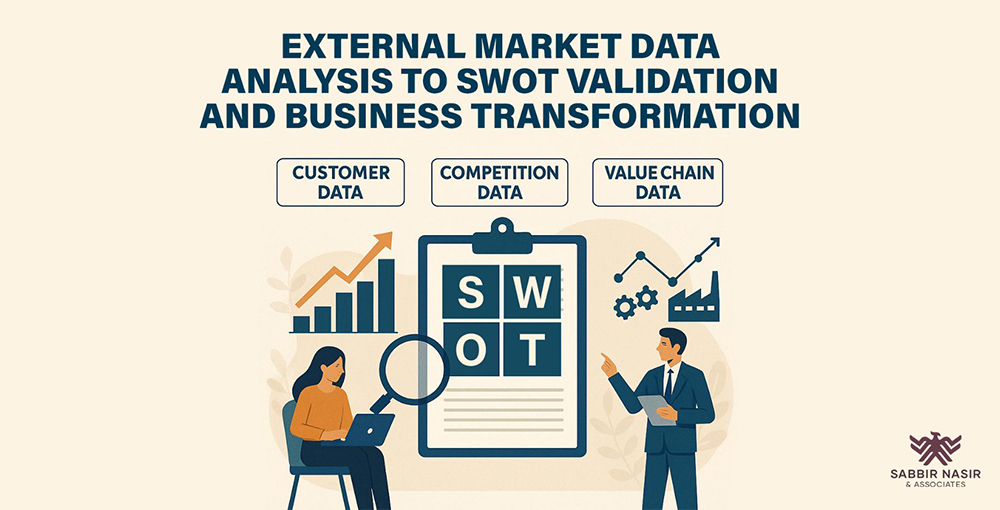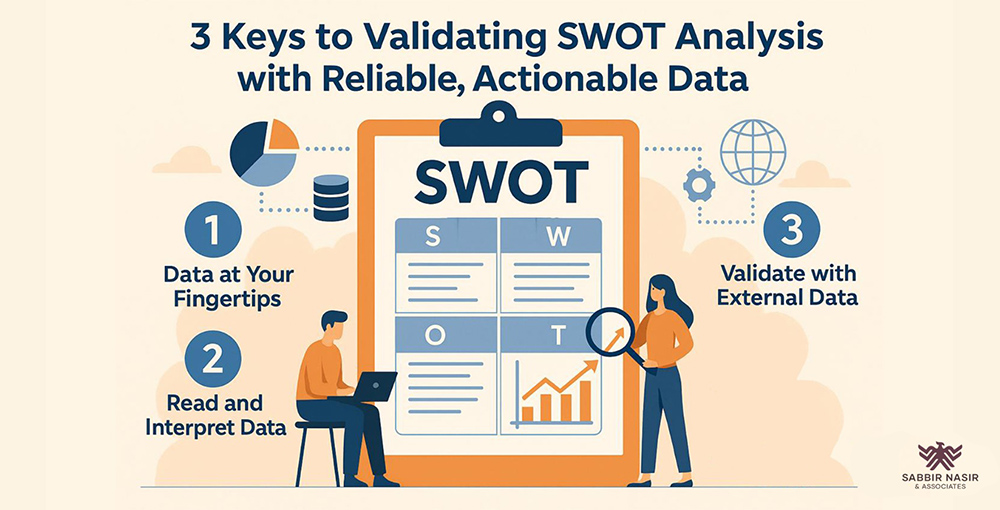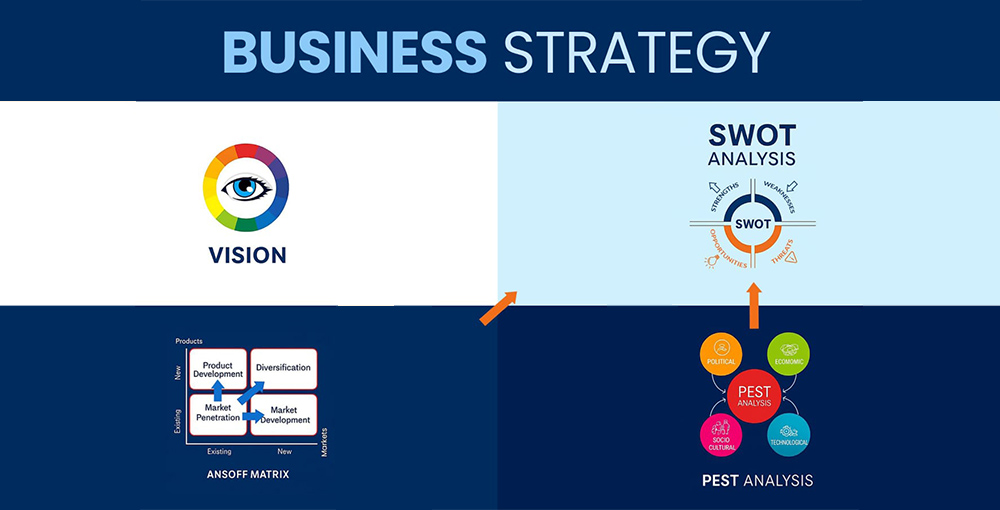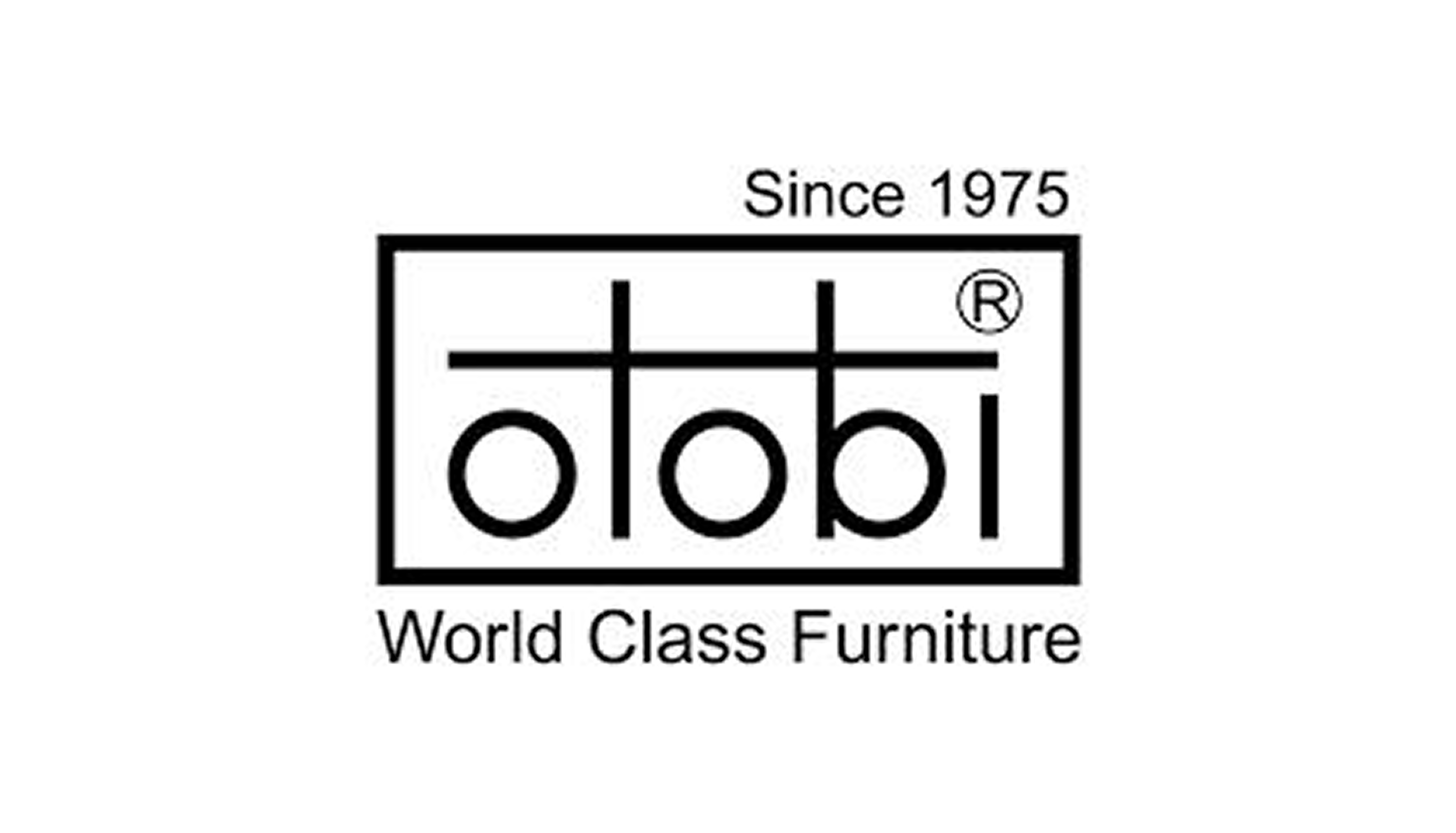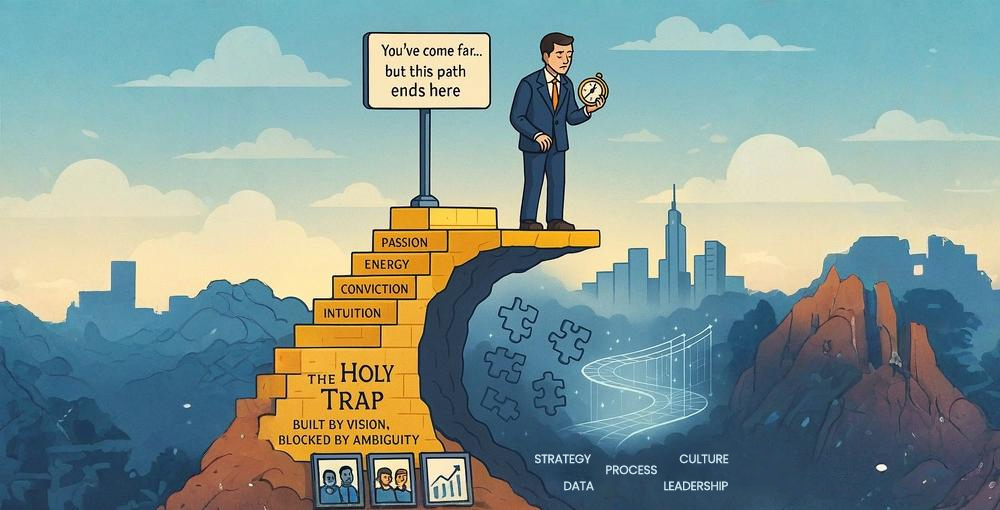Value Articulation and Cultural Re-Engineering: Critical Steps to Business Transformation
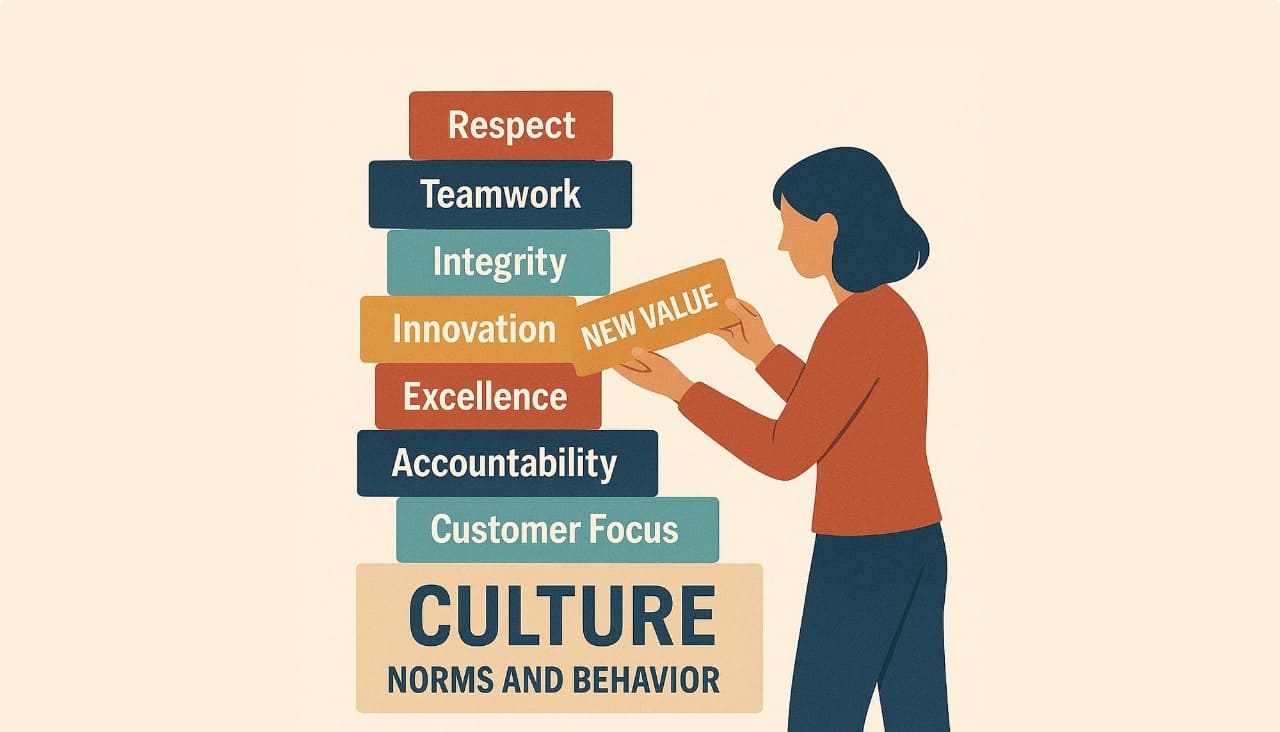
Summary: Founder-led companies seeking to escape stagnation and reach their full potential will often need to reevaluate their values and culture. In this article, we discuss the importance of value articulation and cultural re-engineering to business transformation. We also share the story of Otobi as a prime example of what can be accomplished by applying the Sabbir Nasir Transformation Framework to navigate this process.
Values are the core beliefs and principles that you feel are important in life. They guide your norms, behaviors, thoughts, attitudes, and decisions. Every individual has their own value system that drives who they are – ethically, morally, culturally, and spiritually.
When a founder starts a company, they establish a business model, brand identity, goals, KPIs, and more. The founder will also bring their personal value system to the organization. They will often subconsciously rank their values based on what is most important to them as an individual.
The founder’s value system inevitably becomes the value system of the company, which helps to define expectations for employees, maintain a sense of right and wrong, and establish organizational goals. Most importantly, values form the foundation of organizational culture.
When an organization navigates adversity and change, its value system may need to evolve based on which values support a new vision for the future. This is essential to achieving true business transformation.
Reranking Values to Align with a New Path Forward
Many founder-led companies achieve early success but become stuck in what I call the Holy Trap – “holy” because of the positive traits and characteristics that drove the success, but “trapped” by clutter and confusion about how to move forward. They become mired in a period of stagnation in which the founder’s talent and determination are no longer enough to scale.
In a previous article, I discussed why identifying a clear vision is the critical first step in the articulation phase of the Sabbir Nasir Transformation Framework (SNTF). Achieving clarity makes it possible for organizations to break free from the Holy Trap and understand the path to business transformation.
The next step in the SNTF articulation phase is defining and updating the organizational value system.
This should not be misunderstood to mean the company and founder are abandoning their core beliefs and principles. However, certain values may be more important or useful when the company evolves.
As the business transformation roadmap is established, an organization will often need to reassess priorities, introduce new values, and rank certain values higher or lower to create a new value system that can take the company to the next level.
For example, a new company may prioritize passion, hard work, and cost consciousness as its most important values. If the company becomes stagnant and seeks to scale to $100 million and beyond, teamwork, evolution, and technology innovation may move to the top of its value rankings.
The new value system becomes the building block of the company culture as it moves through the business transformation journey, which brings us to cultural re-engineering.
What Is Cultural Re-Engineering?
Organizations that intentionally and consciously identify the most important values that drive the culture are tremendously successful. As the old saying goes, culture eats strategy for breakfast. Regardless of how well-crafted a strategic plan may be, culture can either elevate the strategy or undermine and derail it.
Cultural re-engineering is the process of determining which norms and behaviors are aligned with your business transformation path. You also need to identify which subgroups within the organization will support and oppose your transformation. Different subgroups with different value systems may be based on generation (Millennials, GenX, Baby Boomers), ethnic culture (Indian, Arab, Asian), and job function (engineering, finance, design).
If you sit down with people from these subgroups and explain the values and culture you want to instill across the organization, and they still oppose your vision, they have to be removed. They should be replaced with new personnel, either through promotion or new hiring, who are willing and able to communicate and support your new values and culture.
This is vital to business transformation. Create posters and videos that promote your value system and culture, as well as the values that you do not support. Organize town hall meetings and offer one-on-one counseling to reinforce proper norms and behaviors and help your team better understand your company culture.
How Otobi Reshaped Its Values and Culture to Support Business Transformation
Otobi is a Bangladesh-based furniture manufacturer and retailer. When I first engaged Otobi, they operated 100 stores with a top line of USD $19 million but became stuck in the Holy Trap.
Otobi had a reputation as a manufacturer of high-quality, flat-back office furniture, but its home furnishings were widely perceived to be expensive and unaffordable for the middle and upper-middle class. Other furniture manufacturers and retailers started copying the Otobi model at lower price points, eating away at Otobi’s competitive edge.
The founder and his children recognized the need for business transformation to achieve its goal of 500 stores and top line revenue of USD $70 million. A new value system was required to realize this vision.
The Old Value System
Respect to the founders and his core followers
Pursuit of perfection
Technology adaptation
Hard work
Cost consciousness
Profitable growth
Customer centricity
Our initial consulting engagement uncovered a new positioning gap – a regional furniture brand in Bangladesh and other countries that could provide affordable space solutions for homeowners who were willing to pay a premium.
To support this new position, different departments must collaborate as a team, and authority must be delegated to professionals responsible for running the company. Teams would need to embrace new values and shed norms and behaviors that no longer supported the vision.
This shift in priorities required a new value system that integrated several existing values with new values. For example, “pursuit of perfection” and “hard work” remained important, but new values had to be added and ranked.
The New Value System
Customer centricity
Evolution and growth
Perfection and hard work
Teamwork and mutual respect
Delegation and hierarchy
Learning and unlearning
Technology adaptation
By 2011, Otobi grew to 500 stores in Bangladesh and across the region, while top-line revenue reached USD $71 million. Otobi attracted top talent from India, the Philippines, and Pakistan, and became the largest furniture manufacturer and retailer in Bangladesh.
Articulation of values and cultural re-engineering are core tenets of the SNTF. To be clear, these processes are not easy to understand and implement. Don’t let that deter you from moving closer to your vision.
If you commit to establishing new values, new norms, new behavioral standards, and new culture to support your strategy and structure, the results can be truly transformational.
We would be honored to walk with you on your transformational journey. To discuss your challenges and aspirations and how we can help your organization scale to $100 million and beyond, please contact us to schedule a complimentary 30-minute discovery call. We look forward to hearing from you.
